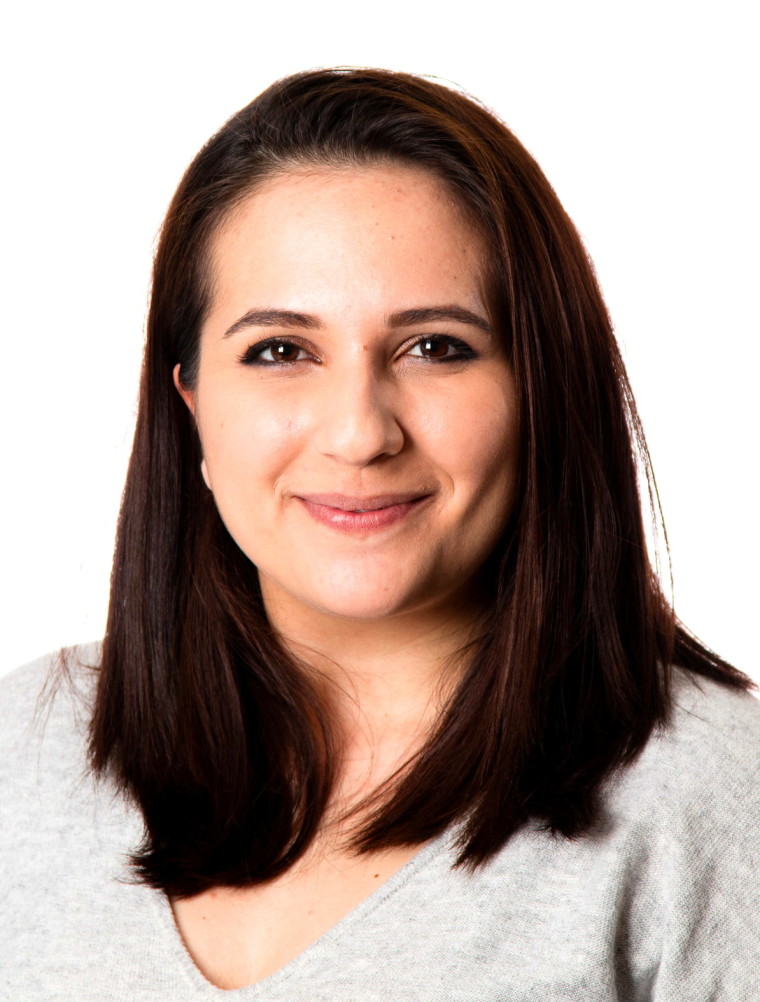

I remember one day as a very young girl—probably six or seven years old—when I was standing at the back of a colourful classroom, watching as my mother saw my crayoned self-portrait in all its glory for the first time. The excitement at her seeing my pride and joy—the picture I had worked on so hard to make it not just look like me but feel like I felt—had me shaking.
Her smile widened immediately as she took in how I had filled every inch of the white A3 space with my colourful face.
I'd proudly displayed my dark skin, drawn my eyes as big as dinner plates and my nose to match, and the smile almost went off the page. It looked like me, not because it had my features, but because it had my personality. My big Drama-Queen-and-proud-of-it personality.
But as my mother moved away, intent on giving time to everybody else's hard work as well, a group of mothers moved in to her place.
I remember quite vividly as they mocked my self-portrait, noting the hugeness of my nose and the hugeness of my eyes, as if I had dared to be too much, too big, too exaggerated to be a human being. I remember even more vividly slinking back in to the shadows of that classroom as I saw my self-portrait through another's eyes.
It is the first memory I have of feeling small. The first memory of deciding to be small because that is what the world wanted.
'Women should be this' and 'women should be that'
In recent weeks, comedian Amy Schumer and actress Blake Lively publicly shamed the difference in magazine covers aimed at men and those aimed at women. Whilst women's magazines pushed them to discover the perfect hair, or sleep the right way so they'll wake up looking ten years younger, men's magazines encouraged boys to build the future.
They were criticised and belittled. Words like 'hysterical' and 'feminazi' were thrown around because someone like Blake Lively wanted to see her daughter grow up in a world that wants her to build the future, not just have eyeliner perfected.
A woman, choosing to wear the cloth of her religion is now illegal in certain civilised countries and trivialised into something to debate on the campaign trail. She is unable to display her faith publicly because of others' fear. It does not matter how she feels.
I cannot imagine how I would react if I were arrested for wearing a cross around my neck.
Model Gigi Hadid was demonised for elbowing a man in the face when he picked her up off her feet and wouldn't release her. He was a stranger in an overwhelming place full of screaming fans, and he decided to restrain her body and violate her consent to being touched as part of a protest. A protest that said she wasn't a real model because she was a celebrity first (it didn't matter how hard she worked to get there.)
What are these events teaching our little ones?
That we are not to share our opinions for fear of being scoffed at and labelled as the worst kind of woman—overbearing, difficult, loud? That our decisions about the way we live our lives do not matter because heads of state are afraid of those decisions? That the act of defending ourselves is unnecessary because 'the guy probably didn't mean it'?
How can we reconcile teaching our daughters that they don't matter, with teaching them about a God who created them to be incredible?
The church is the ultimate battleground for women
The church is the place where I have felt God's vision for women and the domination of the world collide. A place where it is equally easy to teach that women are not worthy of attention until they are wives and mothers, but also that God created women with a vision to be great advisors, guides and teachers of His people.
It is a place where God's love and vision for women is paramount. A place where we raise our children to see men and women as human beings. A place where they watch men and women serve as equals.
Consider this: a world where women know their true worth—not because they have had to fight through the lies and the untruths and the sludge of sexism, but because they know that God created them to be great.
A greatness that means they are capable of bringing incredible change for those desperately in need of it, of running companies where people can dream, of building and raising beautiful families and bringing joy, healing, ideas and real solutions to people.

I'm in for creating this world. Are you?
Talisa Pariss is the co-ordinator of the school-based Louder Theatre Company, teaching drama, communication skills and confidence to kids. When she's not pretending for a living, she can be found indulging in any kind of creativity she can get her hands on.
Talisa Pariss's previous articles may be viewed at http://www.pressserviceinternational.org/talisa-pariss.html